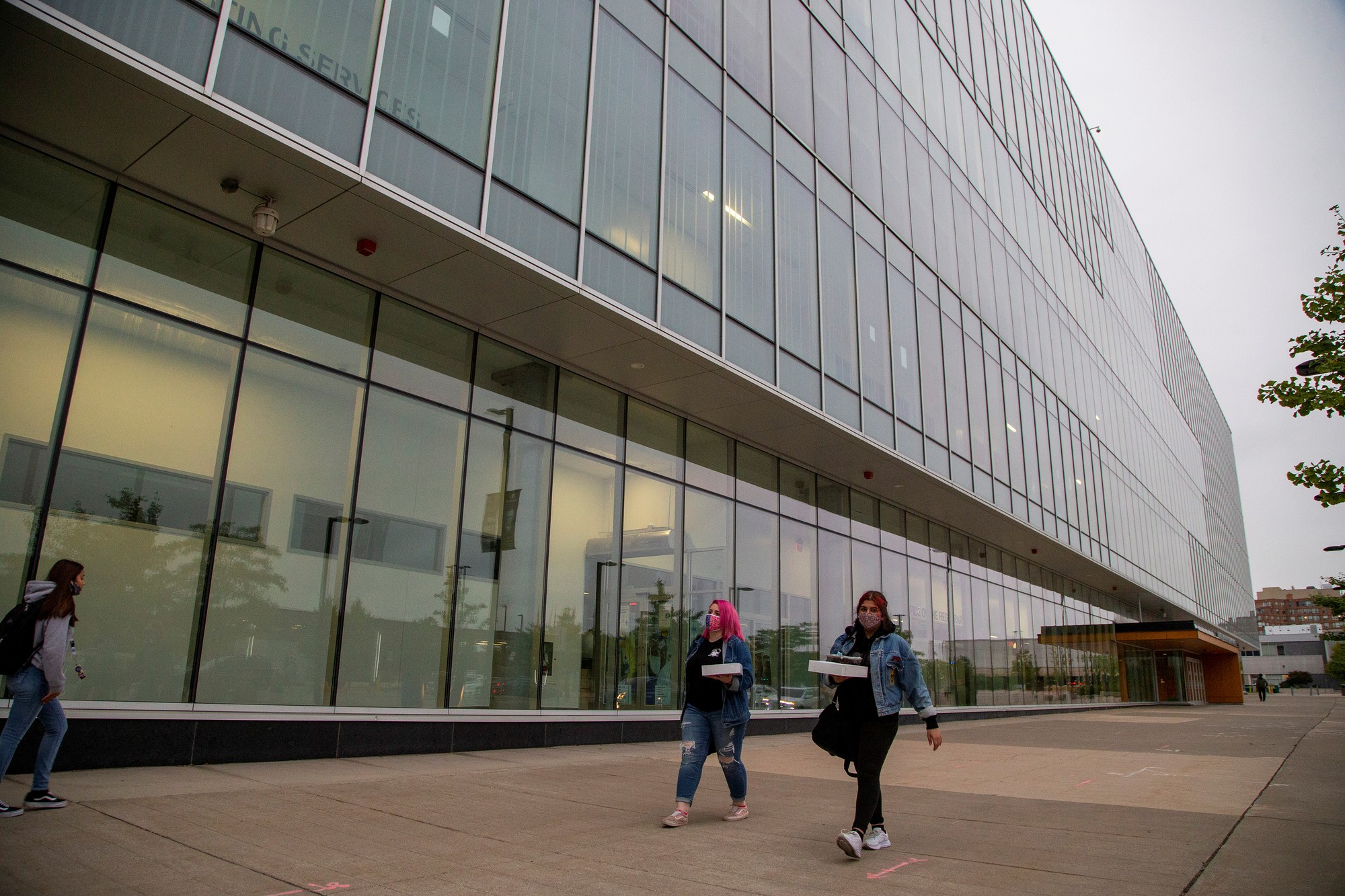
Beatriz Baleeiro
The Ontario government plans to add $3.25 million in the next year to support mental health programs for post-secondary students.
The new total of $19.25 million will help students build up community partnerships, expand the number of mental health workers and programs at colleges, universities, and Indigenous institutes.
Ontario’s Roadmap to Wellness is the government’s plan to build a connected and comprehensive mental health and addiction system that assures children, youth, and adults in Ontario are provided with suitable assistance services when needed.
According to National College Health Assessment survey of the Canadian student population in 2019, the most recent, the need for mental health help among post-secondary students has drastically grown in the province. Study shows that 52 per cent of students reported feeling depressed, compared to 46 per cent in 2016.
“Having mental health supports in place for when students need them most is a key part of helping students succeed, especially during this very difficult COVID period,” said Ross Romano, minister of Colleges and Universities in a conference on Oct. 6.
The ministry divided the investment towards various mental health institutions in the following way: Good2Talk/Allo j’écoute receives $5.16 million; Centre for Innovation in Campus Mental Health receives $500,000; Mental Health Worker Grant $4.45 million; the Mental Health Services Grant $6 million; Indigenous Institutes Mental Health Grant receives $500,000; and Get-A-head was granted $250,000.
The remaining $19.25 million will help with the development of partnerships and better access to mental health resources in the province.
Natasha Holly, first-year media studies student at Trent University in Peterborough, said it has been hard to stay motivated without being in the learning environment of a classroom.
“I feel like it’s hard to get into the mindset and to remind myself that I’m in school. It’s hard to form a connection with your instructors,” she said.
On the other hand, some students seem to have adapted to the new circumstances and believe being at home has had a good impact on their mental health.
Jenny Vu, a first-year student of the Early Childhood Education program at Algonquin College in Ottawa, said the flexibility of studying from home has helped her manage stress.
“It’s actually been better for me because I have more time to spend with my dog, cook, go to yoga and Pilates, and do things I love and keep me sane,” she said.
Anne Sado, president of George Brown College in downtown Toronto, said it’s important to prioritize mental health services accessibility for students.
“As the need in our community remains high, we must work together — educators, community service providers, and government — to reduce the barriers that students face and provide a broad range of support options,” she said.

